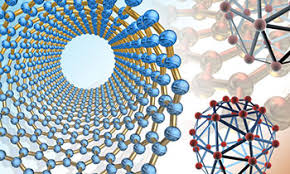Mechanical and Materials Engineering, Department of

Department of Mechanical and Materials Engineering: Faculty Publications
Document Type
Article
Date of this Version
2015
Abstract
The mechanical properties of type I collagen gel vary due to different polymerization parameters. In this work, the role of crosslinks in terms of density and stiffness on the macroscopic behavior of collagen gel were investigated through computational modeling. The collagen fiber network was developed in a representative volume element, which used the inter-fiber spacing to regulate the crosslink density. The obtained tensile behavior of collagen gel was validated against published experimental data. Results suggest that the cross-linked fiber alignment dominated the strain stiffening effect of the collagen gel. In addition, the gel stiffness was enhanced approximately 40 times as the crosslink density doubled. The non-affine deformation was reduced with the increased crosslink density. A positive bilinear correlation between the crosslink density and gel stiffness was obtained. On the other hand, the crosslink stiffness had much less impact on the gel stiffness. This work could enhance our understanding of collagen gel mechanics and shed lights on designing future clinical relevant biomaterials with better control of polymerization parameters.


Comments
An open access article.